The hospitalist medical team is dedicated to Boston Medical Center’s mission of providing exceptional care. Our team consists of physicians, nurse practitioners, and physician assistants who work closely with nurses, case managers, social workers, and other inpatient providers – along with patients and their families – to deliver the best care possible for every patient we treat.
As hospitalists, we treat patients on the general medical inpatient wards and in the Observation Unit, and we assist specialty services in caring for patients with a broad range of diseases, from congestive heart failure to advanced kidney disease to orthopedic injuries. Our team members also have the opportunity to undertake diverse work across our department and hospital, including procedure services, palliative care consultation, and strategic quality improvement initiatives to help BMC better serve our patients.
Our Team
Hospitalist Leadership
Henri Lee, MD
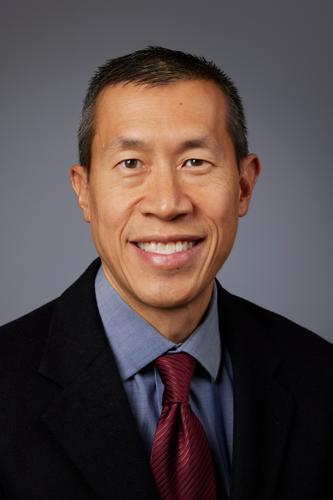
James C. Hudspeth, MD
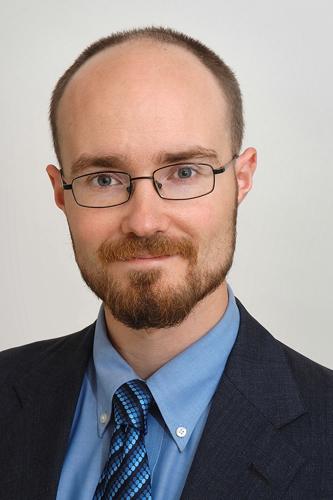
Thomas R. Ostrander, MD

Hospitalist Physicians
Najla N Abdurrahman, MB, BS



Gaelle Brun-Cottan, MD

Nicholas J. Cordella, MD
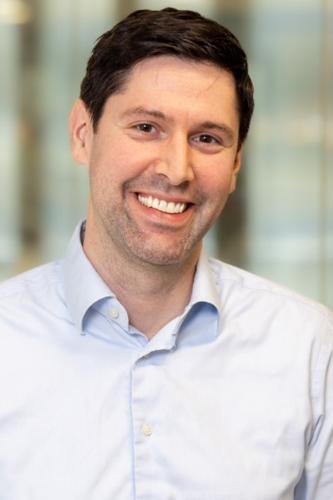
Patrick D Fleming MD

Radha Govindraj, MD

Elizabeth C Hutton, MD

Paul M Long, MD


Albert H Nadjarian, MD, MPH

Fausto Ortiz, MD

Felicia E. Patch, MD

Swetha K Ramachandran, MD

Sandhya D Rao, MD

Joseph J Rencic, MD

Michael C Schwartz, MD

Fitzgerald M Shepherd, MD
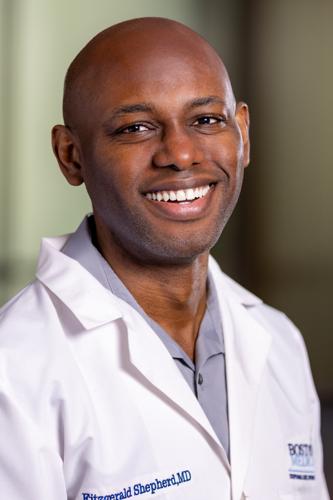
Henry D. Trier, MD

Swati P Varshney, MD

Archana Vasudevan, DO

Hospitalist Advanced Practitioners
Patient Resources
Careers & Recruiting
Boston Medical Center is continuously look for strong physicians and advanced practice providers to join the hospitalist team. Providers will be part of a dynamic team providing exceptional patient-centered care, while also enjoying a supportive and collaborative work environment that fosters professional growth and development. Interested candidates should forward their CV to Erica Saunders at Erica.Saunders@bmc.org, or visit the BMC careers website.
Educational Pathways
Medical education is an integral aspect of our hospitalist group. Many of our providers serve as clinician educators working closely with BMC’s internal medicine residency program and the Boston University Chobanian & Avedisian School of Medicine, teaching residents, medical students, and physician assistant students. We are also committed to supporting the personal and professional growth of each member of the team. We offer three educational pathway opportunities, and though all hospitalists will overlap into these focus areas, we recommend team members select the path they find most rewarding to further their career.
Hospitalist Procedure Team Pathway
Director: Michael Schwartz, MD
This pathway helps hospitalists develop the skillset necessary to become a procedure team attending, including specialized training in core internal medicine bedside procedures and procedural applications of point-of-care ultrasound.
Bedside procedures are vital for our hospitalized patients. They facilitate rapid access to diagnostic testing and allow our patients to receive essential therapies.
Hospitalist Clinician Educator Pathway
Director: James Hudspeth, MD
The clinician educator pathway helps hospitalists develop a career in teaching the next generation of physicians as medical students and/or residents. Participants in this pathway may attend on the general medicine teaching or medicine consult services, but they will also have the opportunity to engage in broader educational activities, including, but not limited to, teaching medical students in ward prep, participating in the Academy of Medical Educators, speaking at forums, and joining the morning report, academic half-day sessions, and noon conferences.
Hospitalist Quality and Patient Safety Pathway
Director: Erica Saunders, MD
Hospitalists have a unique and crucial insight into system issues and are well positioned to become experts on how to make our hospital as efficient and safe as it can be for our patients. In this pathway, participants have the opportunity to join committees and otherwise escalate solutions to QI and patient safety concerns, effecting real change to our hospital system.
 en
en 
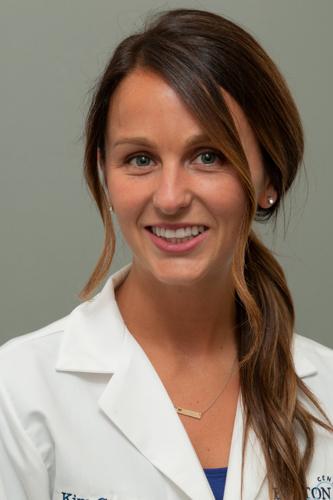
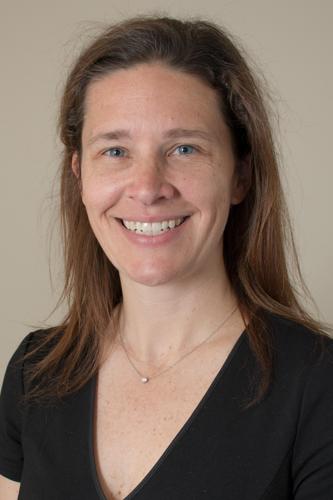
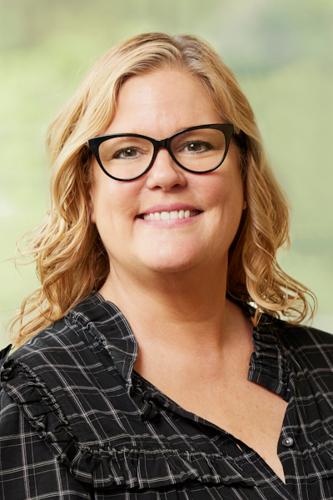
 Français
Français Deutsch
Deutsch Italiano
Italiano Español
Español Tiếng Việt
Tiếng Việt Kreyol ayisyen
Kreyol ayisyen